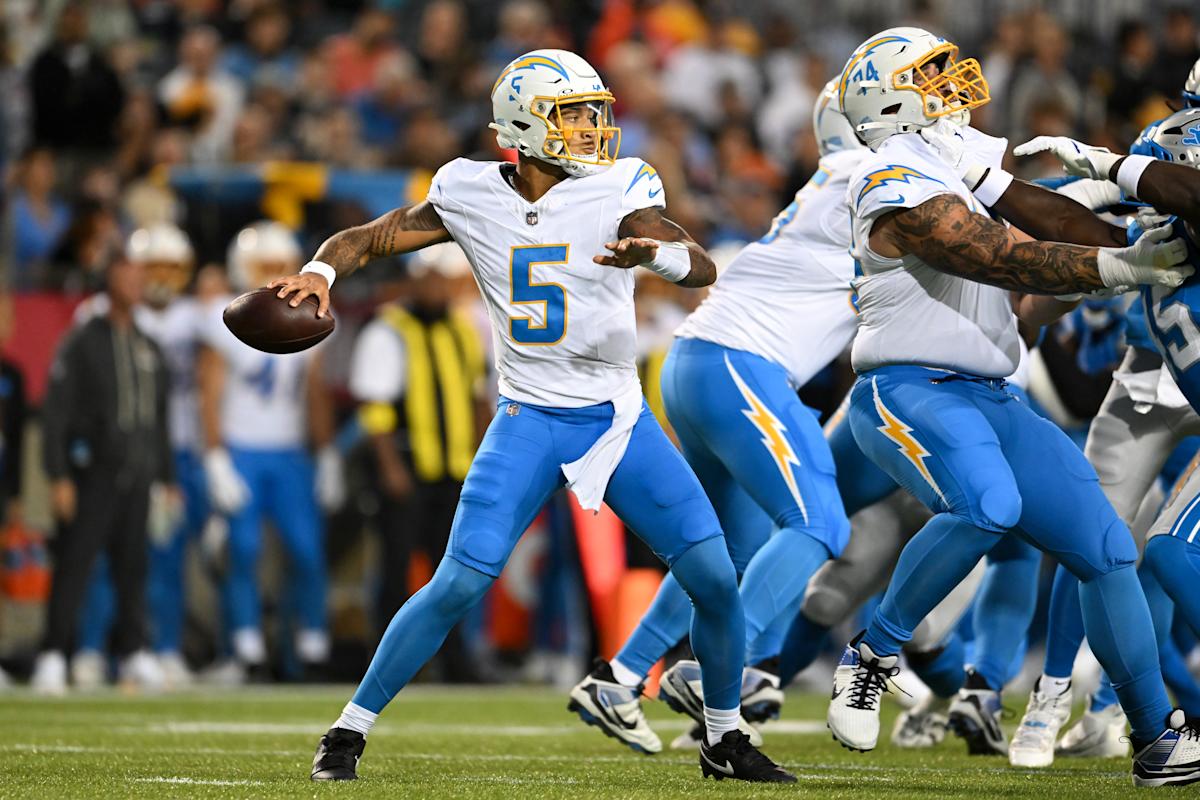The 2024 Presidential Election has been perhaps the craziest and most rapidly changing election in American history. Nothing has stayed the same after the June 27th debate between President Biden and Former President Trump. The U.S. Supreme Court ruled in Trump v. United States that Presidents must receive full immunity for official acts while in office, and several Democrats (including our own Rep. Mark Pocan) called on Biden to step down, which he ultimately ended up doing. The Republican National Convention also followed the assassination attempt on Trump in Butler, PA, and Vice President Kamala Harris became the nominee of the Democratic party, upending the race as we know it.
But this election hasn’t just been one of the craziest, it’s also been one of the most online elections in recent history. Social media has played a major role in U.S. elections since its inception, with Former President Obama making it a major part of his campaign, and Facebook (and potential Russian interference) making headlines in 2016. In 2024, though, social media seems to be the campaign’s main outlet for almost everything. And that was most noticeable when Donald Trump sat down for an interview with X (formerly Twitter) CEO Elon Musk in early August. The interview was broadcast on X’s “Spaces” network, receiving millions of views within days.
Not unlike Florida Gov. Ron DeSantis’ campaign launch on X in May of 2023, the interview was marred by technical issues at the start, which Musk accredited to a denial-of-service (DDoS) attack, but never elaborated. After a delay of about 40 minutes, Musk and Trump went on to talk about the assassination attempt on Trump, the issue of immigration and the Southern border, and the two criticized Joe Biden and Kamala Harris. The interview was very light on actual policy discussions and was mainly just Trump giving his typical stump speech. Musk had endorsed Trump a few weeks before the interview, and it was evident that the two agreed on most issues and that Musk wasn’t asking much easier questions than a major news network might.
But what received attention from some online was not the interview itself, but rather how Trump’s voice sounded. He spoke in a somewhat muffled manner for most of the interview, with some calling it “slurring” or questioning whether or not he had a dental procedure of some kind. Others pointed out that Trump had an interesting setup for the interview, relying on just a single iPhone sitting on a battery pack at a table, surrounded by his advisors and campaign staff.
All in all, it was an unconventional interview, on an unconventional platform. But that maybe shouldn’t be surprising, because this is a very unconventional election, and one that is increasingly online, something that both campaigns are taking advantage of.













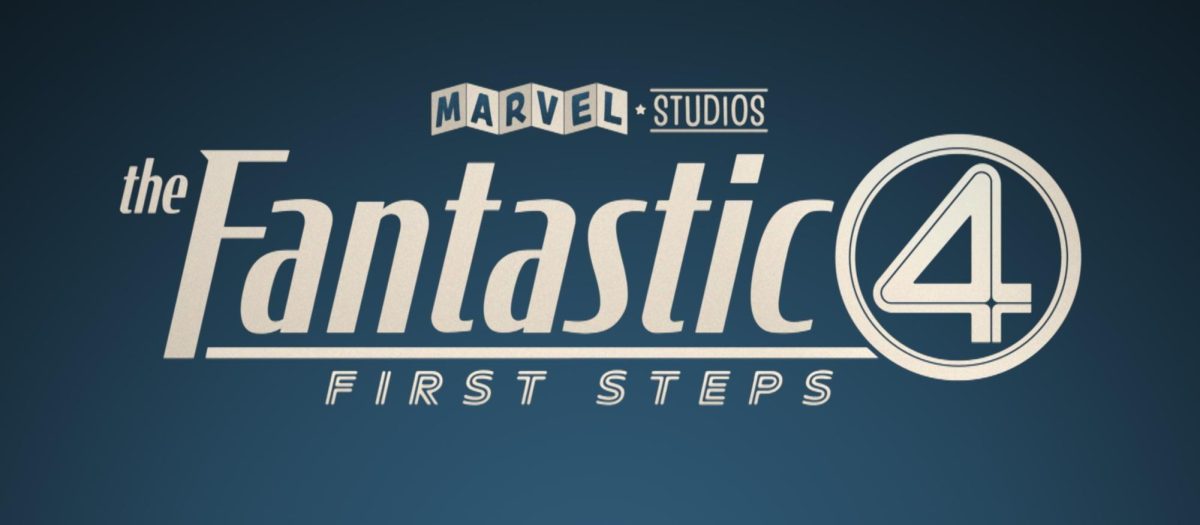











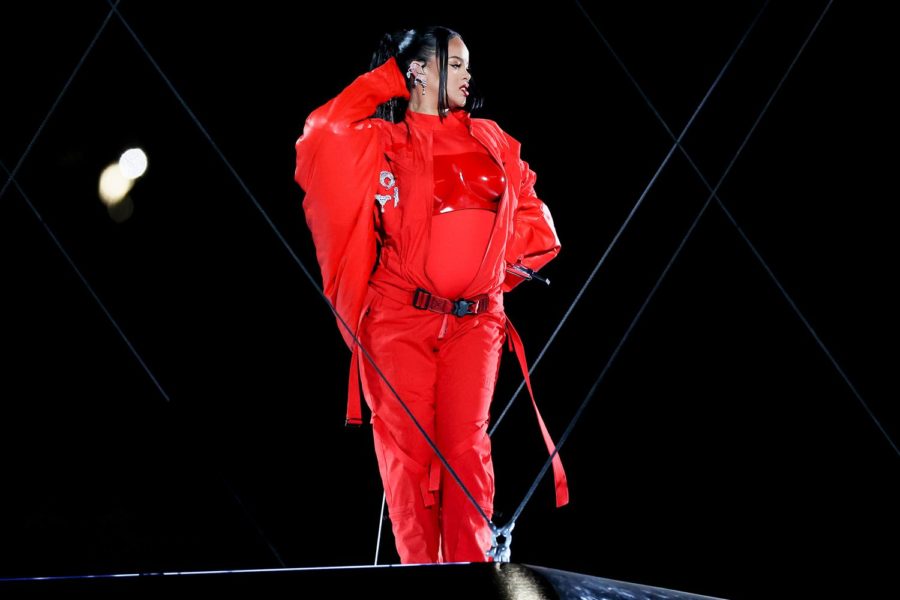



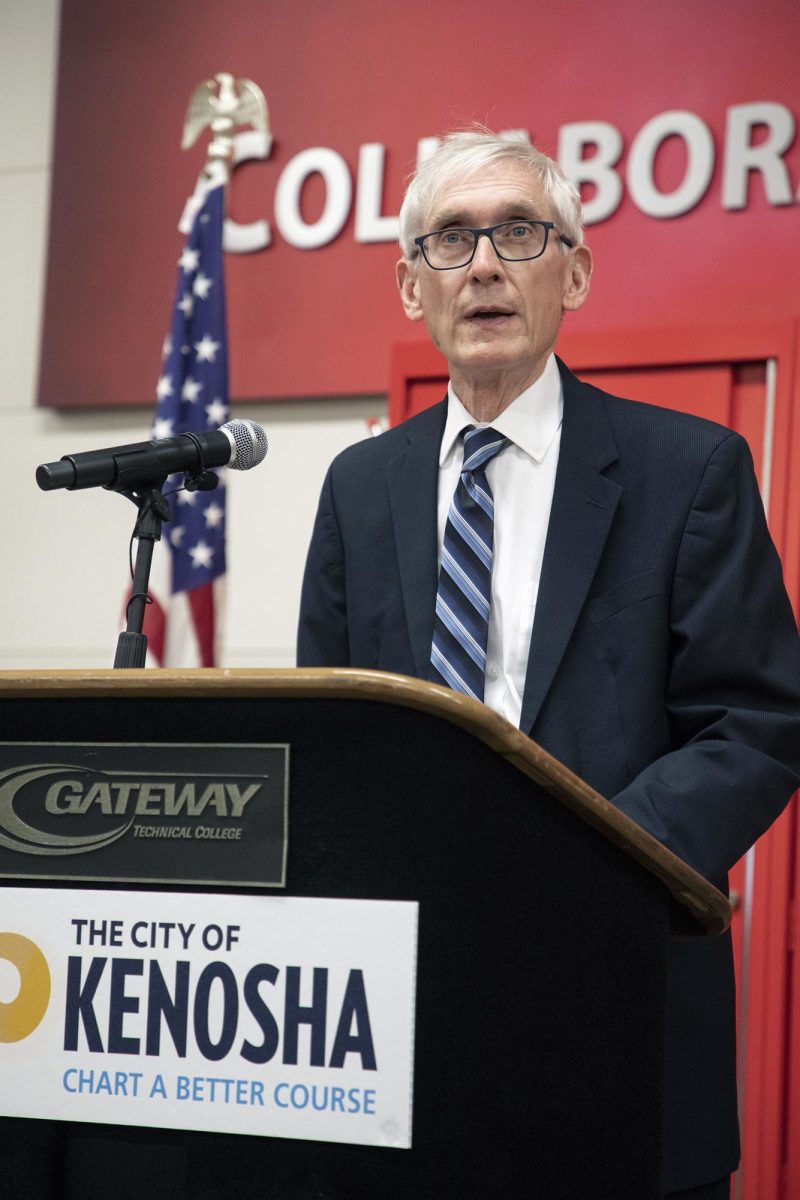

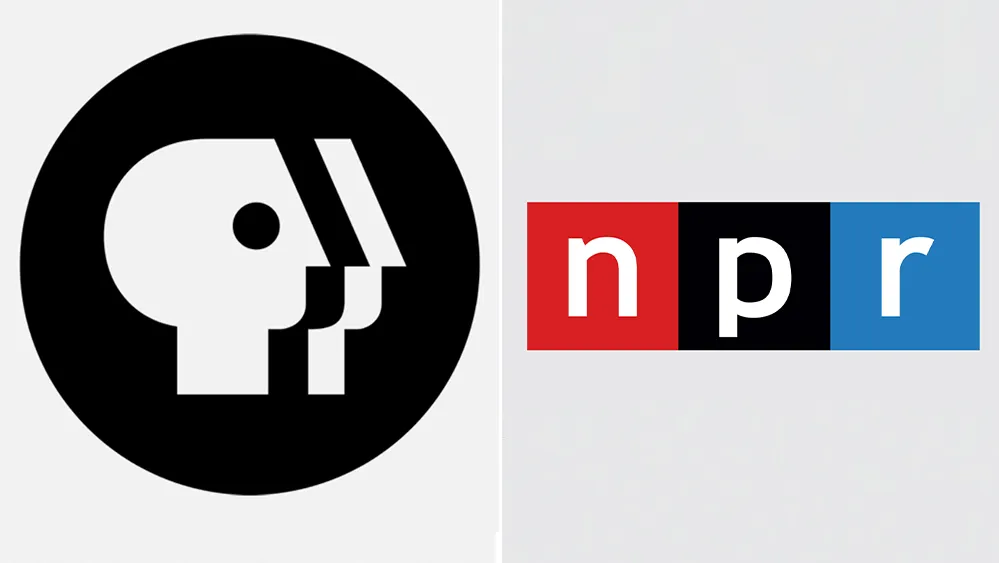




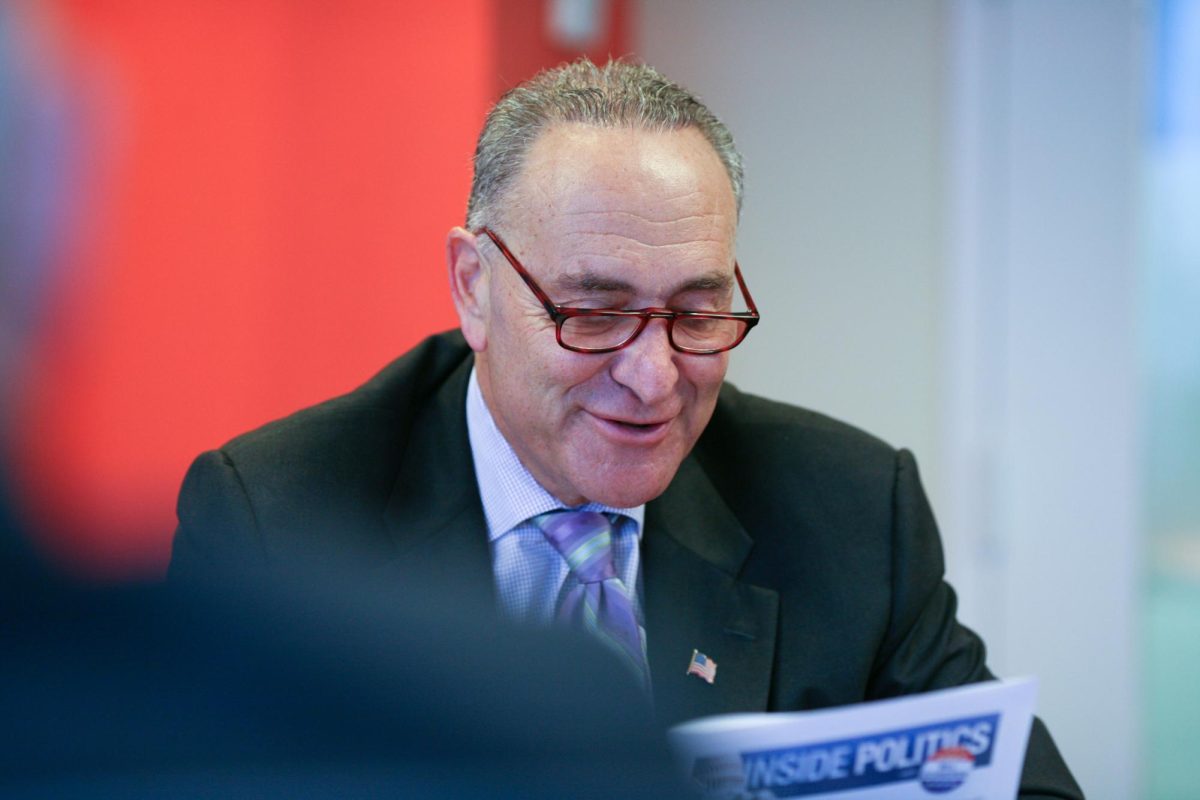
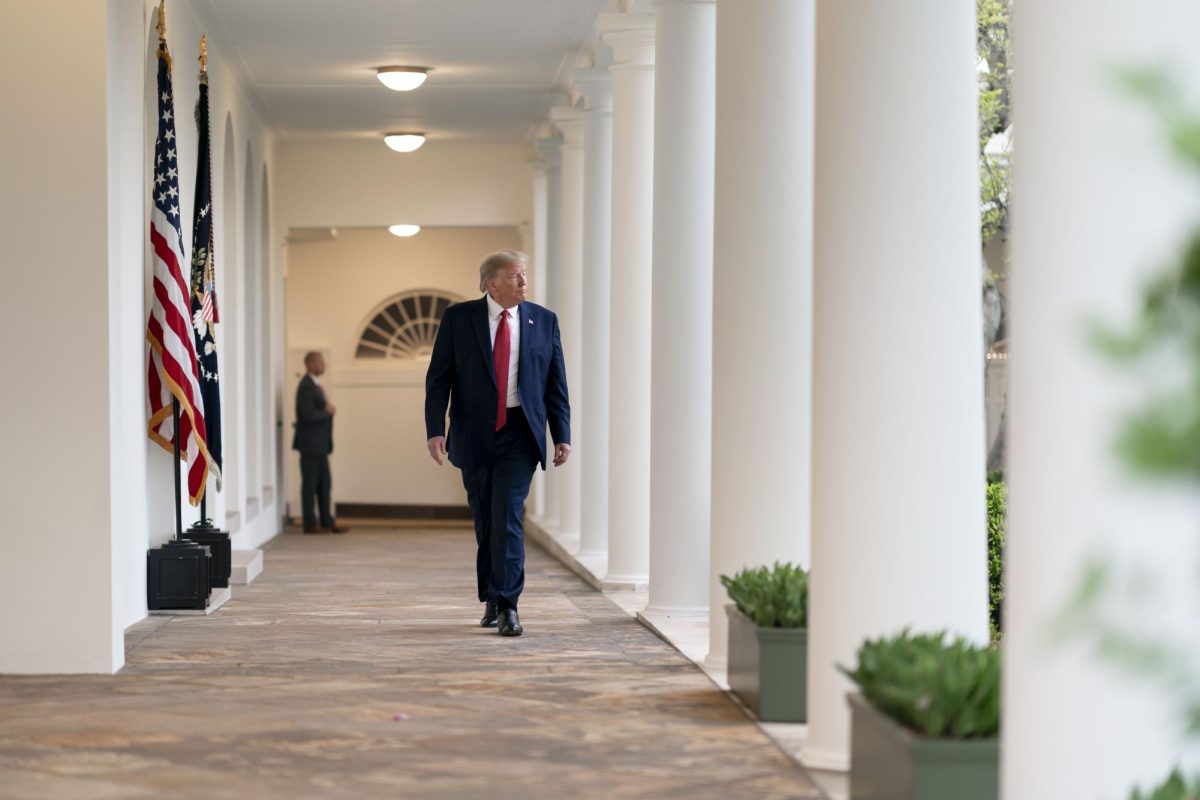


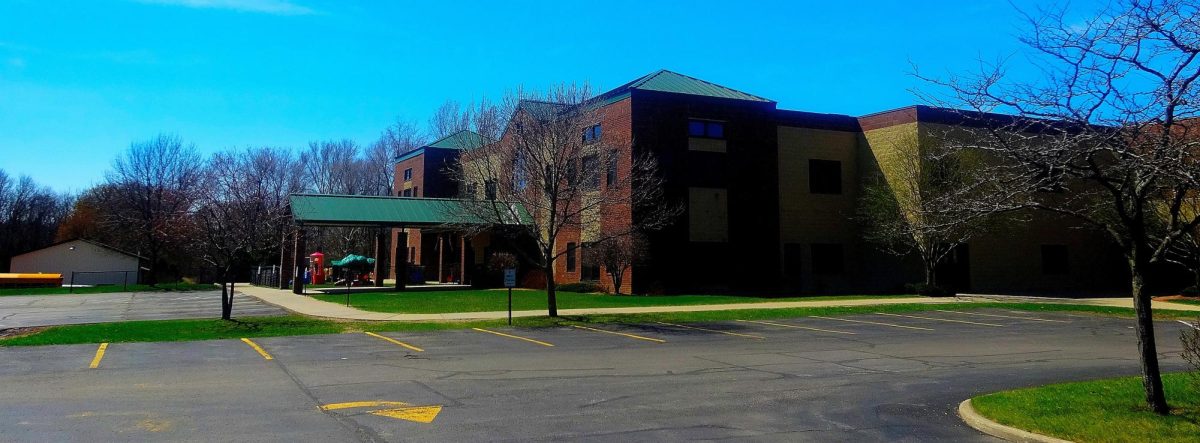
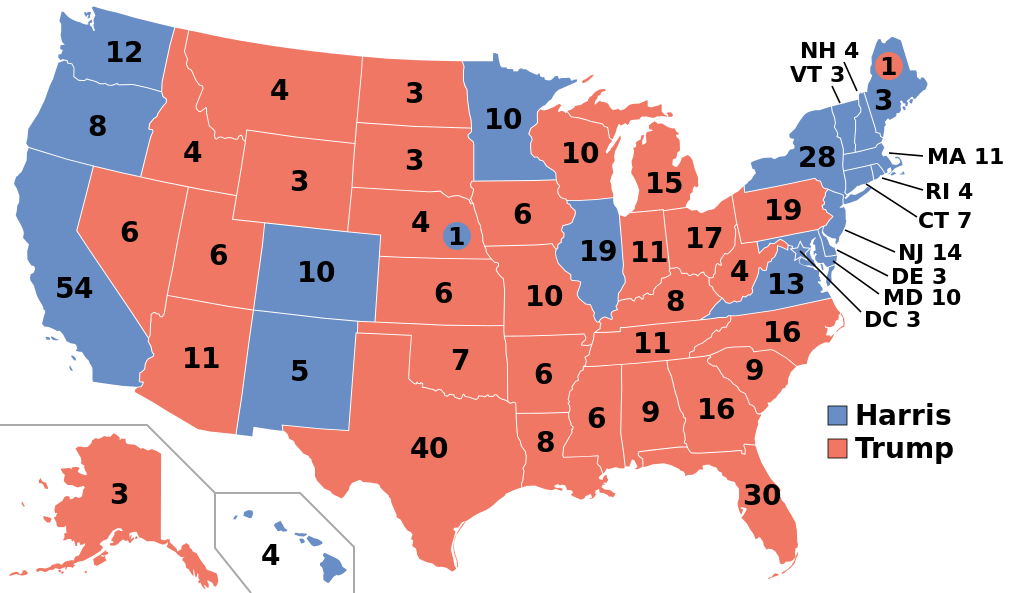
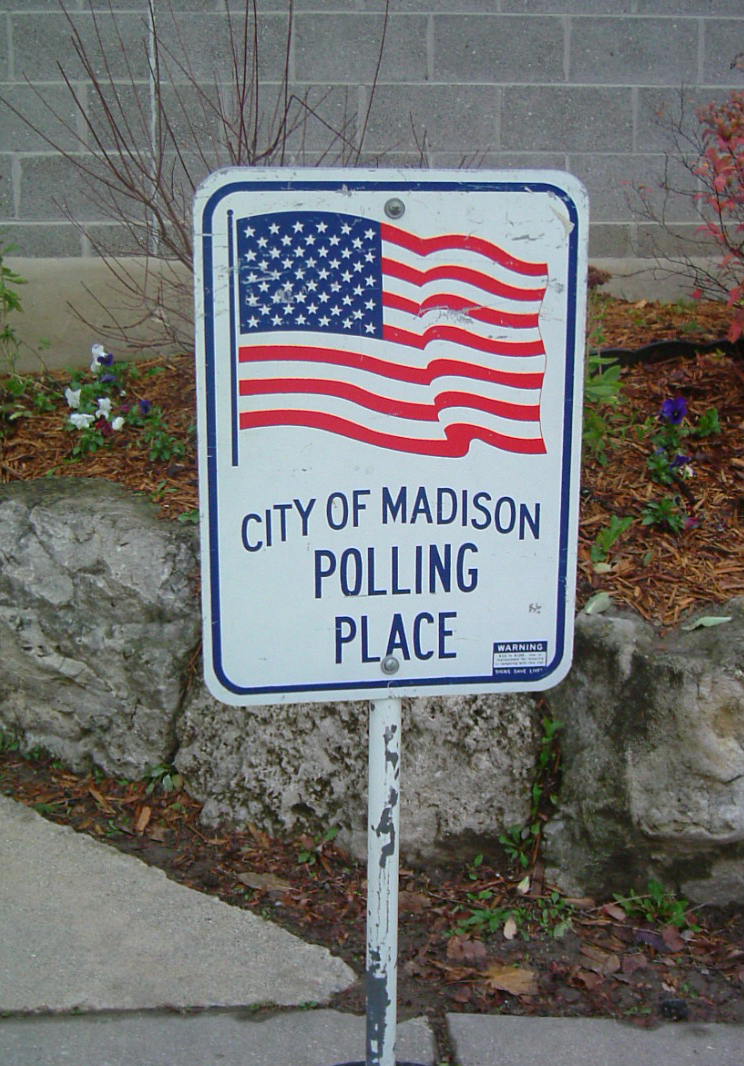






![Image credit to [puamelia]](https://memorialswordandshield.com/wp-content/uploads/2025/08/3435027358_ef87531f0b_o-1200x803.jpg)

